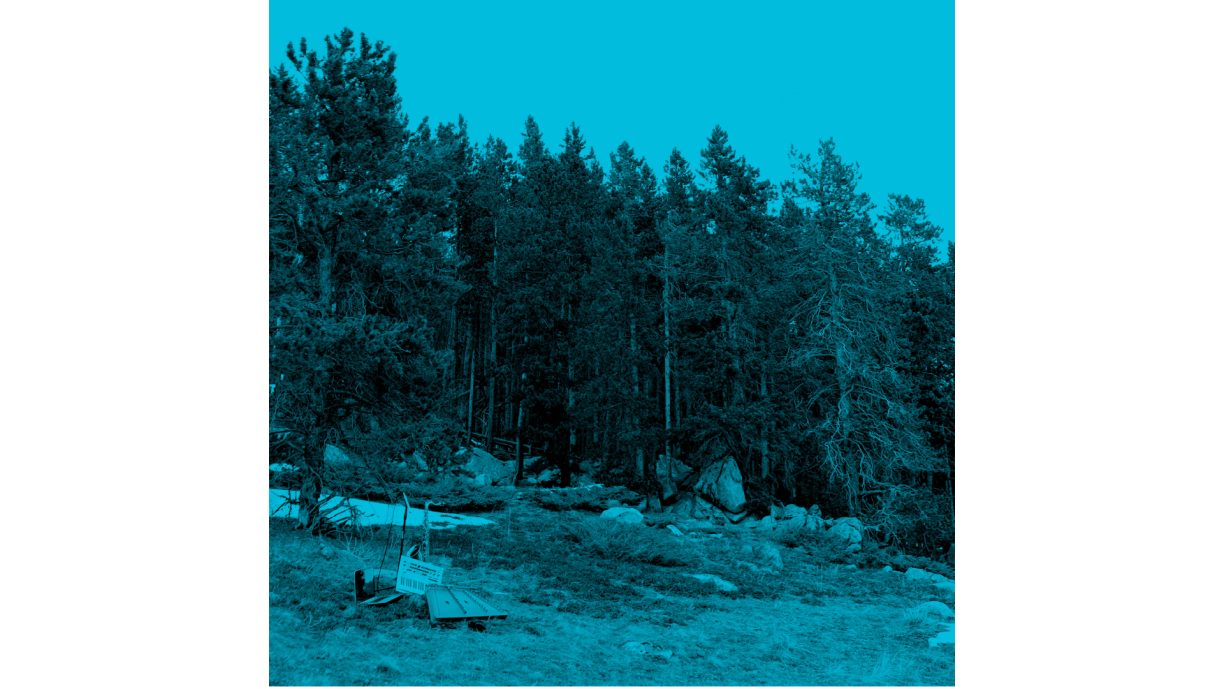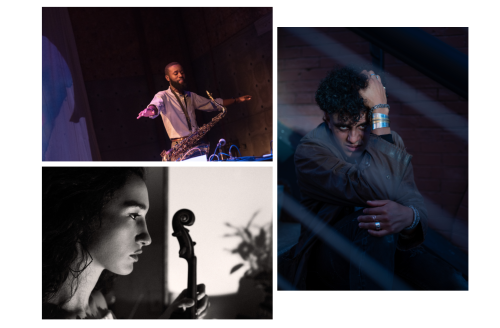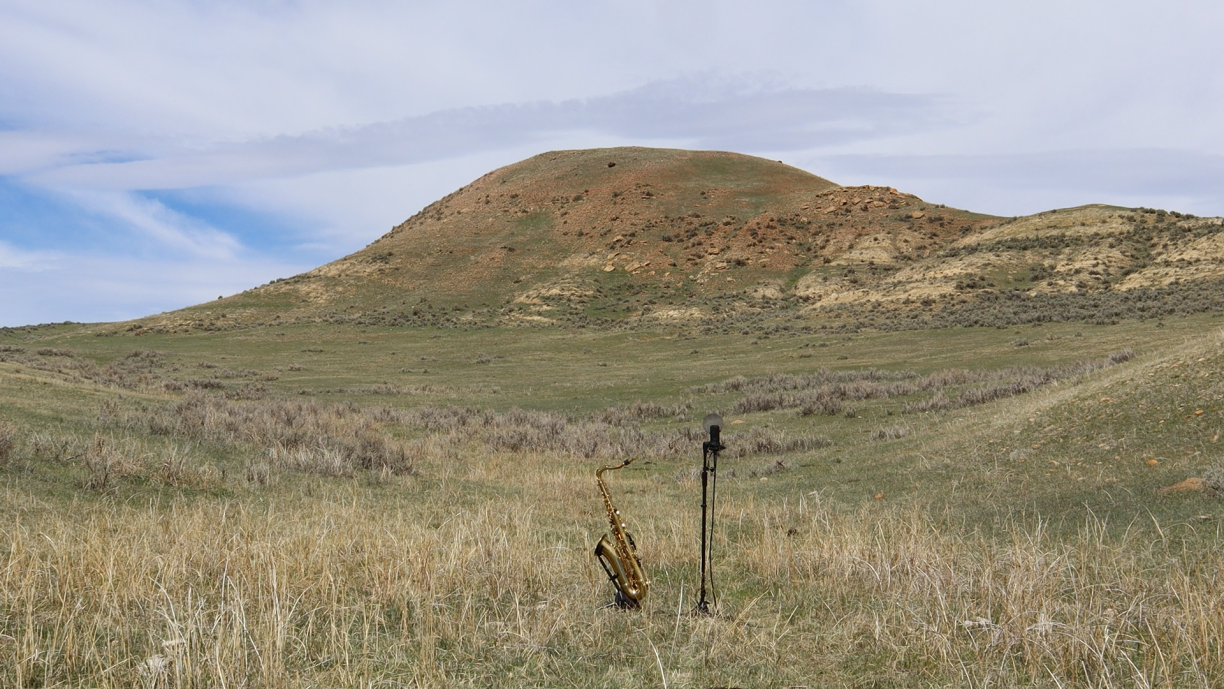Check In Here
ISSUE's 2021 livestreams are FREE to view. Please consider making a $10 suggested donation (or any amount that you feel is meaningful) in support of ISSUE's Artist-In-Residence programs. Enabling the fullscreen function is recommended.
ISSUE's 2021 livestreams are FREE to view. Please consider making a $10 suggested donation (or any amount that you feel is meaningful) in support of ISSUE's Artist-In-Residence programs. Enabling the fullscreen function is recommended.
Friday, November 12th at 8pm ET, ISSUE Project Room and The Poetry Project present the official launch for composer and poet JJJJJerome Ellis' The Clearing. The project includes two sister pieces: an album (co-produced by The Poetry Project and NNA Tapes) and a book (published by Wendy's Subway). The Clearing asks how stuttering, blackness, and music can be practices of refusal against hegemonic governance of time, speech, and encounter. Taking his glottal block stutter as a point of departure, Ellis figures the aporia and the block as clearing to consider how dysfluency, opacity, and refusal can open a new space for relation. Ellis will perform excerpts from the project.
First introduced in his 2020 essay “The clearing: Music, dysfluency, Blackness and time” in The Journal of Interdisciplinary Voice Studies, Ellis presents “The Clearing” as a concept that challenges us to reimagine dysfluency in speech and question how speech and articulation impact how we exist in the social realm. Ellis speaks with a block stutter, which manifests as intervals of silence in his speech. He calls these intervals “clearings.” In the opening section of the essay, Ellis argues that stuttering—much like music—challenges and “breaks up” time as we know it: “My thesis is that Blackness, dysfluency and music are forces that open time. Opening brings possibilities: temporal refusal, temporal escape, temporal dissent.” Ellis goes on to suggest that disabled speakers and certain types of people, especially Black folks, are subjected to related forms of temporal regulation and oppression that seek to pathologize and criminalize: “Temporal subjection enacted against Black people occurs in many spheres. Brittney Cooper examines several in her work: Black women’s reproductive health; legal and extralegal murders of Black people; racially skewed correlations between zip code and life expectancy; and the conceptualization of history itself.”
Recorded in various bedrooms over the course of several months and setting the text of Ellis’s essay to music, The Clearing is a haunting and expansive series of reflections on the questions of speech, articulation, and the power behind both. Expanding on Harriet Jacobs’s idea of the “loophole of retreat,” Ellis positions Black music and speech as disruptors of “conventional” time and as tools to map out new means of communication and activity.
JJJJJerome Ellis is a blk disabled animal, stutterer, and artist. Through music, literature, performance, and video, he explores blkness, disabled speech, and music as forces of refusal, possibility, reparation, and healing. His diverse body of work includes contemplative soundscapes using saxophone, flute, dulcimer, electronics, and vocals; scores for plays and podcasts; albums combining spoken word with ambient and jazz textures; theatrical explorations involving live music and storytelling; and music-video-poems that seek to transfigure historical archives. JJJJJerome’s solo and collaborative work has been presented by Lincoln Center, The Poetry Project, and ISSUE Project Room (New York); MASS MoCA (North Adams, Massachusetts); REDCAT (Los Angeles); Arraymusic (Toronto); and the Center for African American Poetry and Poetics (Pittsburgh, Pennsylvania), among others. He is a signed artist with NNA Tapes. His work has been covered by This American Life, Artforum, Black Enso, and Christian Science Monitor. JJJJJerome collaborates with James Harrison Monaco as James & Jerome or Jerome & James. Their recent work explores themes of border crossing and translation through music-driven narratives. They have received commissions from the Metropolitan Museum of Art and Ars Nova.






